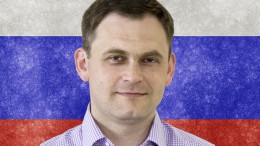Economic surprises explain (nearly) everything
By UBS Global Macro Team | Our proprietary surprise indices for growth and inflation are still enjoying very tight correlations with the prices of a wide range of global financial assets. The gyrations of our global and regional growth indices for instance closely track equity markets, both developed and emerging. Global growth surprises (excluding the US) closely track – and often lead – the US dollar and oil prices. Eurozone growth surprises closely track – and often lead – the euro. And global inflation surprises closely track the price of gold.







